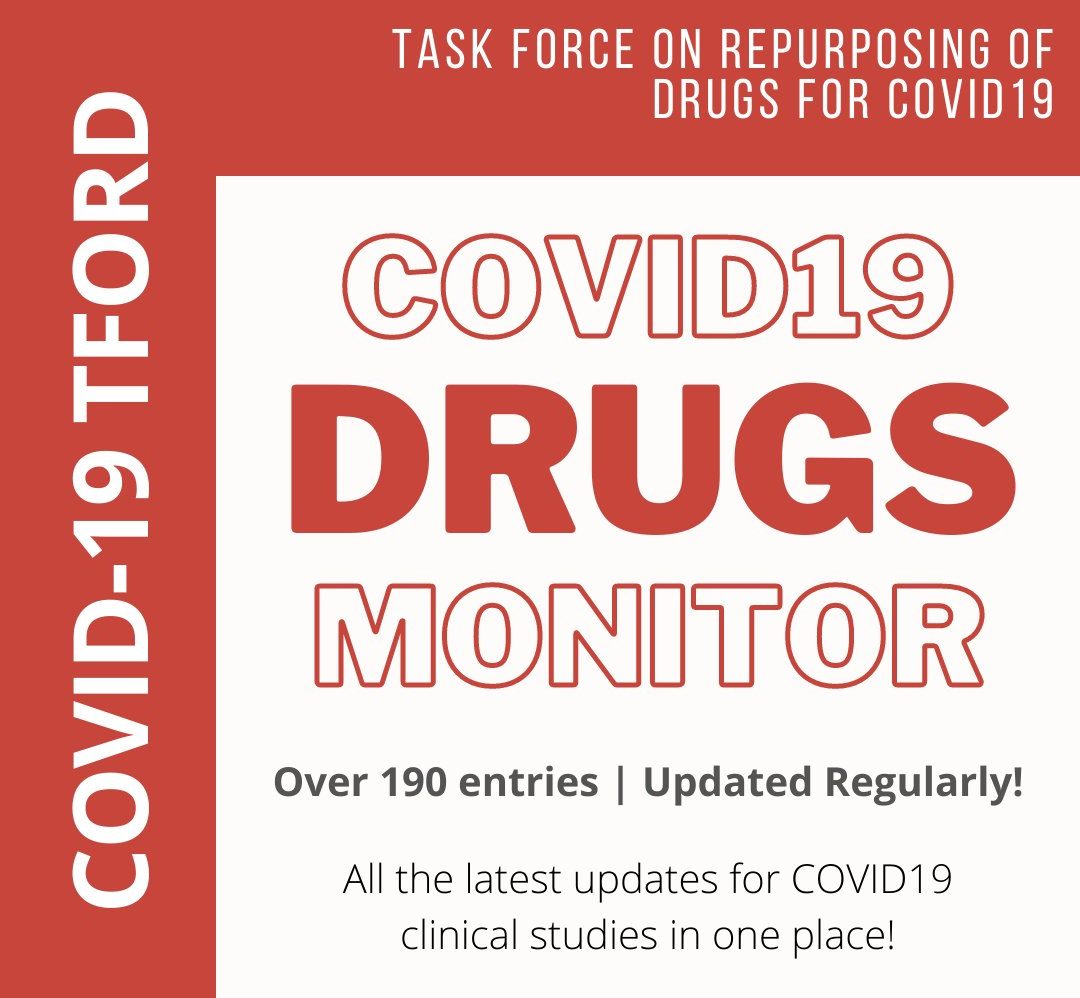(05 Jan 2021) Heparin- LMWH was associated with lower all-cause in-hospital mortality
The Association of Low Molecular Weight Heparin Use and In-hospital Mortality Among Patients Hospitalized with COVID-19
https://doi.org/10.1007/s10557-020-07133-3
Overall, 525 patients with COVID-19 enrolled with a median age of 64 years (IQR 19), and 49.33% men. Among these, 120 (22.86%) were treated with LMWH. Compared with non-LMWH group, LMWH group had a higher unadjusted in-hospital mortality rate (21.70% vs. 11.10%; p = 0.004), but a lower adjusted mortality risk (adjusted odds ratio [OR], 0.20; 95% CI, 0.09-0.46). A propensity score-weighting analysis demonstrated similar findings (adjusted OR, 0.18; 95% CI, 0.10-0.30). Subgroup analysis showed a significant survival benefit among those who were severely (adjusted OR, 0.07; 95% CI, 0.02-0.23) and critically ill (adjusted OR, 0.32; 95% CI, 0.15-0.65), as well as among the elderly patients’ age > 65, IL-6 > 10 times upper limit level, and D-dimer > 5 times upper limit level. Among hospitalized COVID-19 patients, LMWH use was associated with lower all-cause in-hospital mortality than non-LMWH users. The survival benefit was particularly significant among more severely ill patients.
